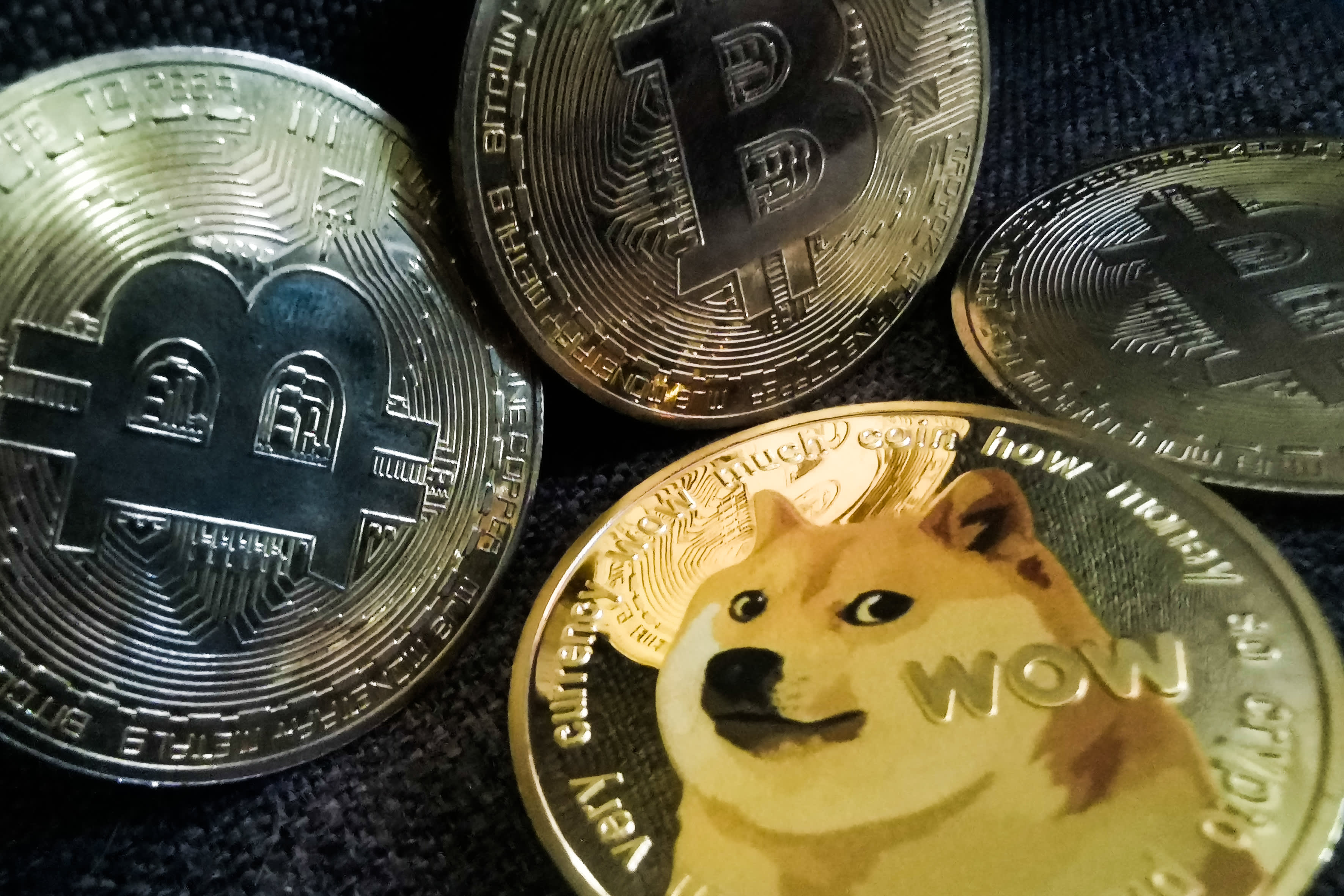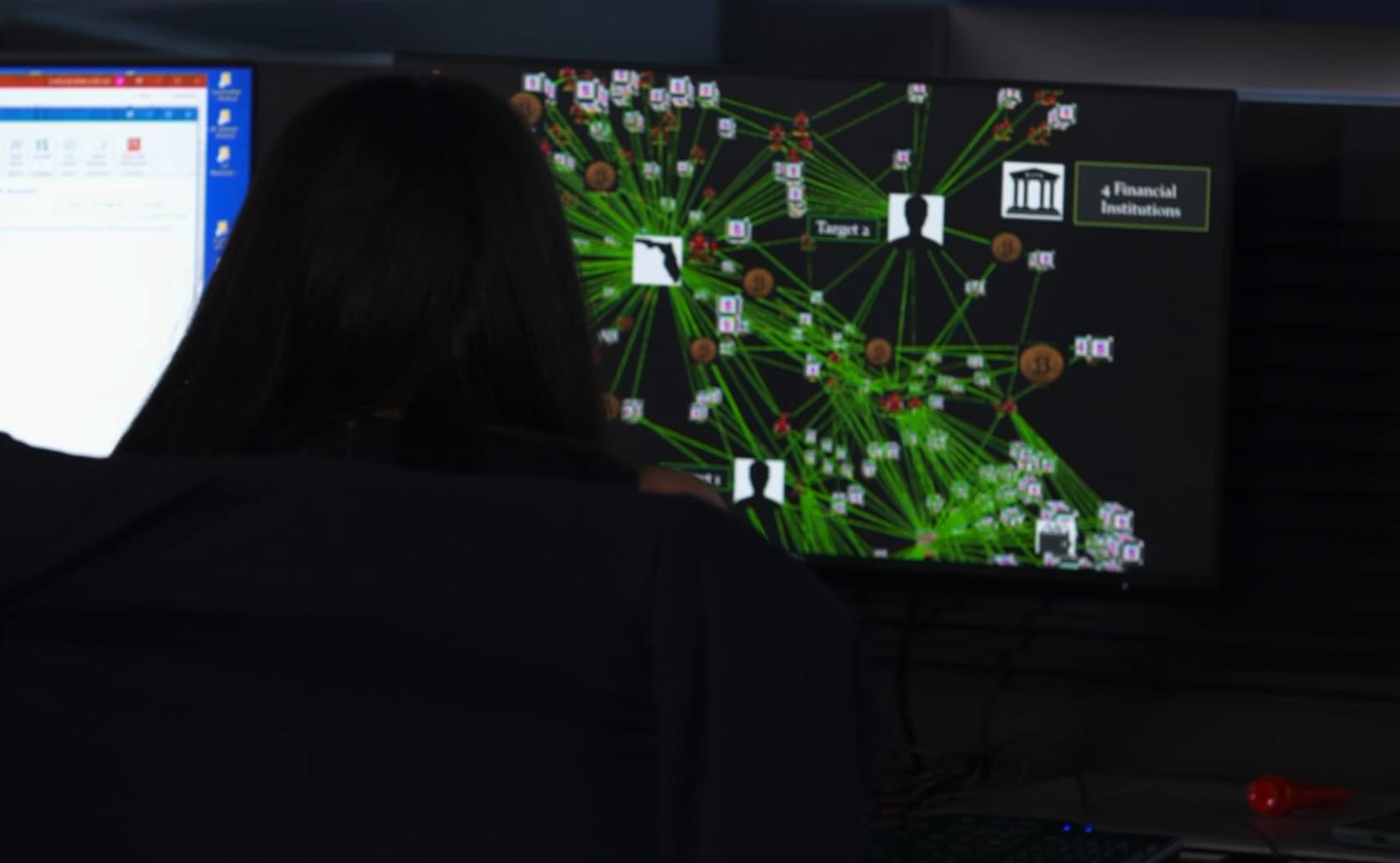SEC's Response to Challenge Groundbreaking XRP Ruling
MicroStrategy's Significant Bitcoin Impairment Losses May Mislead: Berenberg
Coinbase's Pursuit of Regulatory Clarity Shapes its Global Expansion Strategy
In line with fraud-related investigations, the US Secret Service is cracking down on illegal digital currency transactions, seizing more than $102 million in bitcoin from offenders.
Agents and analysts regularly watch the flow of bitcoin and other cryptocurrencies on the blockchain, comparable to old-fashioned surveillance, according to David Smith, assistant director of investigations. The Secret Service is most recognized for protecting presidents, but it also conducts financial and cybercrime investigations.
“When you follow a digital currency wallet, it’s not different than an email address that has some correlating identifiers,” Smith said in an interview at the agency’s headquarters. “And once a person and another person make a transaction, and that gets into the blockchain, we have the ability to follow that email address or wallet address, if you will, and trace it through the blockchain.”

Among these examples is one with the Romanian National Police, which targeted 900 individuals across the United States. This operation entailed posting bogus adverts for expensive things that did not exist on famous online auction and sales websites, as well as supplying invoices ostensibly from respected organizations to make the transactions appear legitimate. According to the Secret Service, the criminals then engaged in a money-laundering operation in which the victims' funds were turned into digital assets.
Other investigations focused on a Russian cybercrime ring that used a cryptocurrency exchange to launder money, as well as a ransomware attack linked to Russian and North Korean criminals, in which bitcoin payments made by US companies to stop the attacks were sent to the suspects' cryptocurrency wallets.
"One of the things about cryptocurrencies is that it moves money at a faster rate than traditional formats," Smith said, adding that the speed of transactions appeals to both customers and criminals in the United States. "Criminals strive to muddy the waters and hide their activities as much as possible." What we want to do is follow it as rapidly as possible, as aggressively as possible, and in a linear manner."
Smith was interviewed in the CIA's Global Investigative Operations Center, or "GIOC," where agents and analysts in a secure room at the agency's headquarters track Bitcoin transactions throughout the world. He likened staring at a "house of mirrors" to looking at the illicit digital money trail.
Inside the Secret Service's Global Investigative Operations Center in Washington, D.C., special agents and analysts track cryptocurrencies.

Thieves are transferring stolen bitcoin and other digital money into stablecoins, according to investigators. As a result, they are keeping an eye on the market in order to keep track of this activity. "Because, you know, criminals are also humans." "They want to stay away from some of the major coins' market volatility," he explained.















